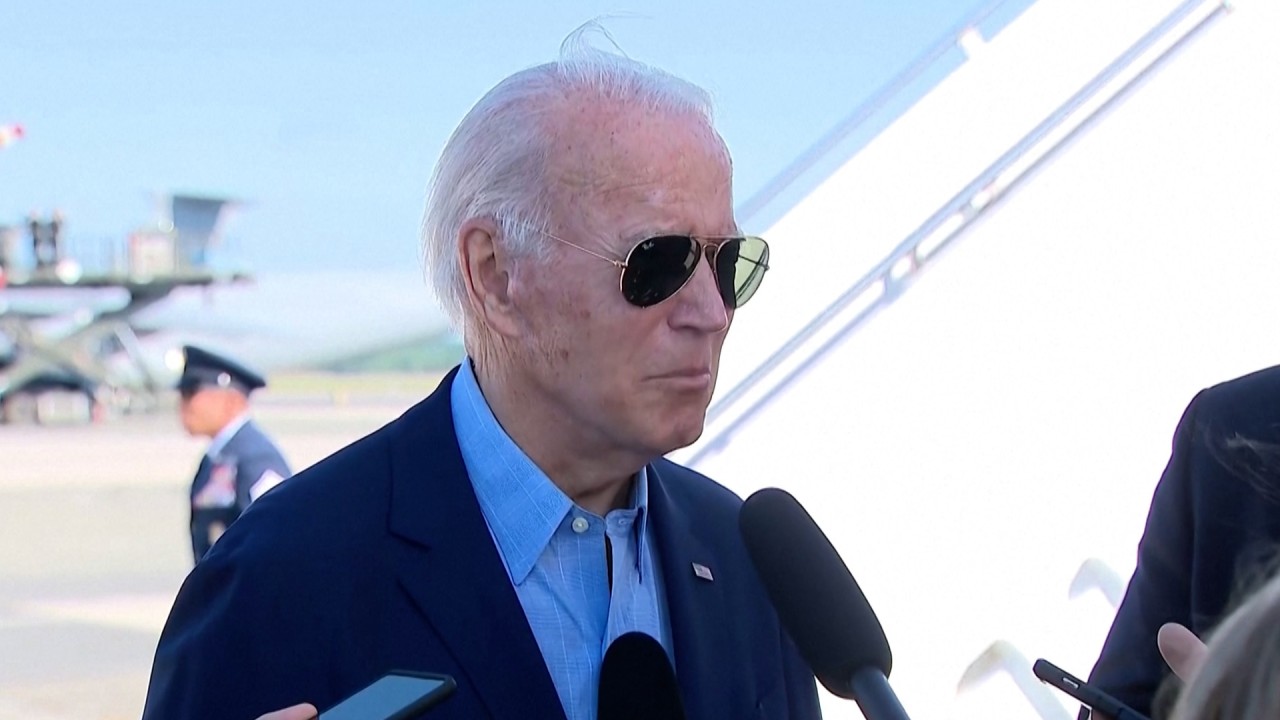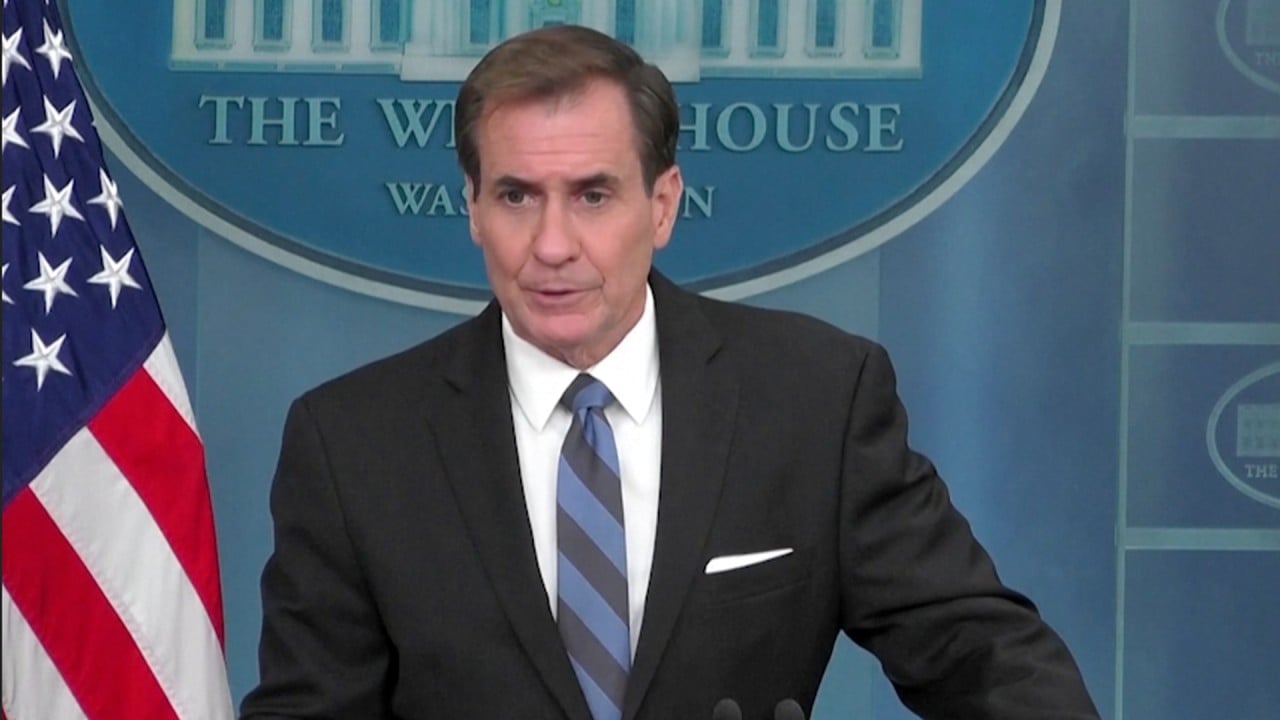
Explainer | What defence dialogues did Beijing cancel after Pelosi’s Taiwan trip and how does this affect ties with US?
- Three important meetings between the People’s Liberation Army and the US military were cancelled as part of Beijing’s retaliation measures
- Direct lines between defence ministers and chiefs of staff still exist, even though the Chinese side did not answer them last week
The next day, it was reported that several calls from the Pentagon to Chinese counterparts were ignored, a development criticised by US officials as “shortsighted and reckless” and leading to concerns it may cause dangerous misjudgment or conflict between the two superpowers.
What are these dialogues? Why are they important?
The three dialogues Beijing called off are China-US theatre commanders’ talks, defence policy coordination talks (DPCT) and military maritime consultative agreement (MMCA) meetings. They represent different levels of contact between the PLA and the US military and serve as stabilisers for not just the inter-military relationship but, sometimes, also in the overall bilateral ties between the countries.
The MMCA meeting is the result of an agreement signed in January 1998 following the de-escalation of the 1996 Taiwan Strait crisis, in which the US Navy sent its aircraft carrier strike groups to confront the PLA over missile test firings at the peak of tension.
In this first ever China-US agreement for military consultation, the two sides agreed to hold a meeting every year to discuss maritime security measures, inter-navy communication and protocols for search and rescue and encounters on the sea, among others.
Since 2005, the DPCT has been an annual communication platform between the Chinese and US defence departments. Its mission is to help the exchange of opinion about important issues and coordinate at a working level. In recent years its topics have focused on crisis management.
US vs China: who has the stronger military?
In recent years, as China strengthens its power presence in the region and the US intends to counter that, the PLA troops, especially those of the Southern and Eastern theatre commands, have frequently met with US forces in the South China and East China seas, sometimes under close and tense conditions. In the event of an emergency encounter, direct communication between the Chinese and US commanders may effectively stop a potential conflict.
Have the dialogues been cancelled before?
This is the first time Beijing has called off the 17-year-old DPCT, but the MMCA meeting had been cancelled more than once while ties were strained.
In 2020, although the two sides both recognised the importance of this dialogue to “review unsafe military incidents” increasingly occurring between them and to “assess rules of behaviour and discuss operational approaches to improve maritime and aviation safety”, the video meeting did not eventuate.
The US accused China of “not honouring its agreement” by skipping the scheduled meeting, while the Chinese said their no-show was the result of the “unprofessional, unfriendly and unconstructive” American “bully” seeking to forcibly convene the meeting without a consensus on the agenda. The meeting resumed in 2021.
Is there still China-US military communication in case of emergency?
The answer is yes.
Besides the meetings above, there are other contact channels. Direct lines between defence ministers and chiefs of staff still exist, even though the Chinese side did not answer them last week.
The ministerial hotline was established in 2007, and the framework agreement to build dialogue between the two joint staff departments was signed in 2017.
Notably, Mark Milley, chairman of the US Joint Chiefs of Staff, made two calls on October 30, 2020, and January 8, 2021, to his PLA counterpart Li Zuocheng to reassure Beijing that then US president Donald Trump was not going to attack China.
US’ CIA pivots toward China, Russia threats a year after Afghanistan withdrawal
That was during Trump’s turbulent last months in office and just around the time the US-China MMCA meeting failed to connect. Milley said he told Li: “Stay calm, steady and de-escalate. We are not going to attack you.” The calls were only made public months later.
Besides, there are other contact protocols stipulated by the two militaries’ agreements, such as the 2014 mechanism for mutual notification of major military operations and a code of conduct for the safety of air and sea encounters, to improve operational safety in the air and sea and to reduce risk.



